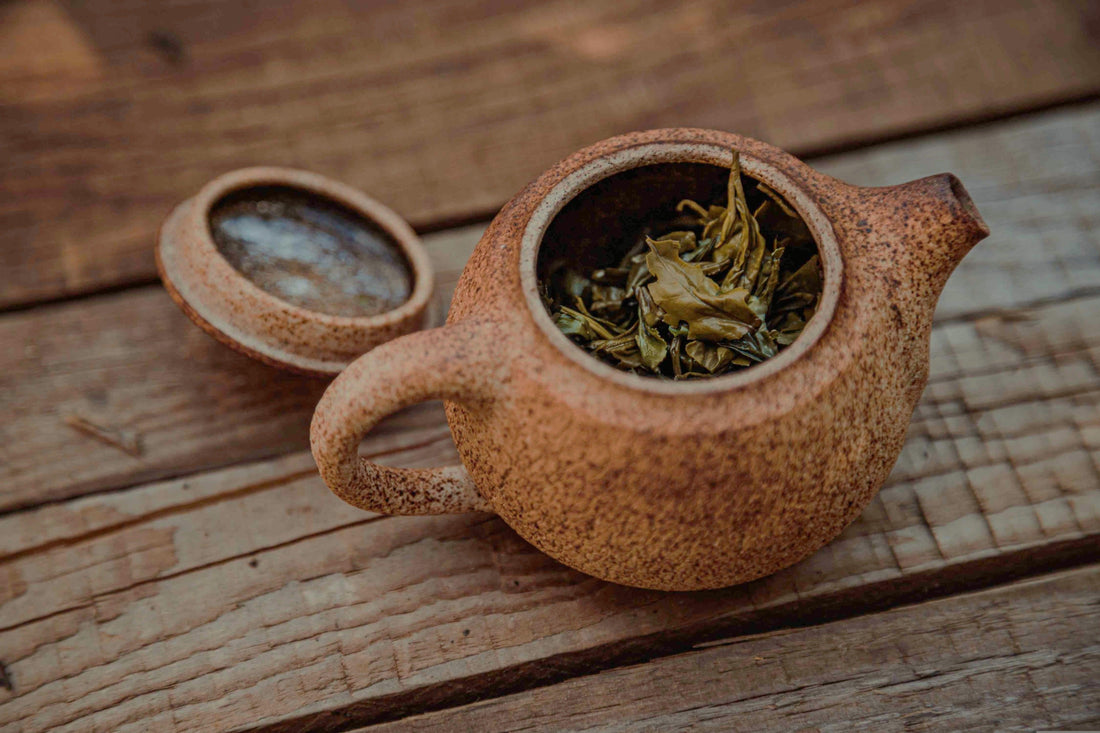
Quality Matters: The Real Difference Between Good and Bad Tea
At 23 Gardens, we believe the difference between them isn't just about taste—it's about what they can do for your body and mind. While most people know tea offers health benefits, few understand how dramatically quality can affect those benefits. Let's explore why all tea isn't created equal and how making better choices can transform your daily cup.
Beyond the Leaf: What Defines Tea Quality
Quality in tea comes down to several factors: the age of the leaves, growing conditions, harvesting methods, and processing techniques. Higher quality teas typically feature younger leaves and buds harvested at optimal times, while lower quality options often contain older leaves, stems, and even dust (known as "fannings").
This distinction matters for more than just flavor. Younger tea leaves and buds contain significantly higher concentrations of beneficial compounds like polyphenols, catechins, and L-theanine—the elements responsible for tea's health benefits.
The Health Gap: Good vs. Poor Quality Tea
When you choose high-quality tea, you're getting:
- Higher Antioxidant Content: Premium teas contain more catechins and polyphenols, which help neutralize harmful free radicals in your body.
- Better Nutrient Preservation: Careful processing methods preserve delicate compounds that can be destroyed in mass production.
- Fewer Pesticides and Chemicals: Quality teas, especially organic ones, expose you to fewer potentially harmful substances.
- More Consistent Benefits: The concentration of beneficial compounds is more reliable in higher-quality teas.
In contrast, lower-quality teas often deliver less of what makes tea beneficial in the first place. Mass-produced teas may be heavily processed, destroying sensitive compounds, and sometimes contain older leaves with naturally lower concentrations of beneficial elements.
Tea Bags vs. Loose Leaf: What's the Difference?
The container matters almost as much as the contents:
Regular Tea Bags:
- Often contain broken leaves, dust, and fannings
- Limited space for leaves to expand
- May contain paper bleached with chemicals
- Faster brewing but less nuanced flavor and fewer health compounds
Loose Leaf Tea Bags:
- Contain whole or minimally broken leaves
- Spacious design allows leaves to fully expand
- Usually made from better materials like unbleached paper or biodegradable mesh
- Preserve more of tea's natural compounds while offering convenience
At 23 Gardens, our loose-leaf tea bags represent the best of both worlds—convenience without compromise. We use spacious, biodegradable bags that give our premium leaves room to unfurl completely, releasing their full spectrum of beneficial compounds.
Real Benefits in Your Daily Life
Quality tea isn't just a luxury—it's an investment in your daily well-being. Here's how it can help:
- Sustained Energy Without Jitters: L-theanine in quality tea promotes calm alertness by moderating caffeine's effects.
- Better Stress Response: The same L-theanine helps reduce stress and anxiety, creating a centered feeling rather than a crash.
- Enhanced Focus: The combination of gentle caffeine and L-theanine supports concentration without the downsides of coffee.
- Digestive Comfort: Quality tea contains compounds that support gut health and comfortable digestion.
- Cellular Protection: Higher antioxidant content means better protection against oxidative stress and aging.
A Simple Choice for Better Days
At 23 Gardens, we believe that your daily cup should do more than just taste good—it should make you feel good, both in the moment and in the long run. That's why we focus obsessively on quality at every step, from sourcing to processing to packaging.
When you choose our teas, you're not just getting a beverage; you're getting a carefully crafted wellness tool that can help you navigate the demands of modern life with more grace and resilience.
The difference between ordinary tea and extraordinary tea isn't just marketing—it's measurable in the cup and in how you feel. Choose quality, choose whole leaves, and choose a tea that works as hard for your wellbeing as you do.
Your body knows the difference, even if your taste buds are still learning.
